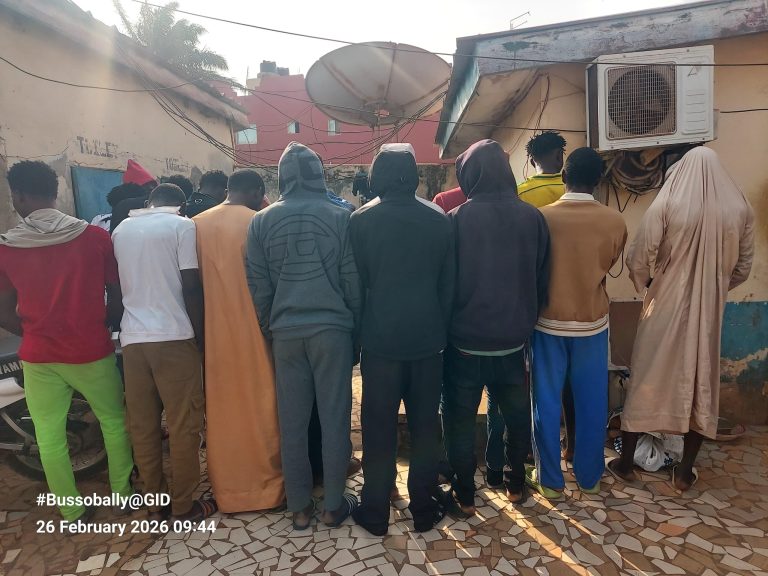
The Gambia Press Union (GPU), with support from the National Democratic Institute (NDI), is holding a two-day Training for 20 Journalists on the Access to Information Act, 2021.The training, is part of a mini-grant project funded by National Democratic Institute (NDI) aimed at supporting the implementation of the Gambia’s Access to Information Act, 2021.
Under the two-months project, journalists, civil society activities, and government information officers are to be trained on the law to encourage its use to promote transparency and accountability in government.
“Access to information is a basic human right and it enhances informed decision-making and encourages participation in national development,” the Minister of Information, Lamin Queen Jammeh, said in a statement delivered on his behalf by Awa Sowe, a Senior Information Officer at the Department of Information.
“The government commits to working towards being more open, accessible, and transparent in its dealings with the Gambian public,” he said while recognizing the media as a critical factor in development processes and nation building.
In his welcome remarks, the President of the Gambia Press Union, Muhammed S. Bah, said the Access to Information legislation provides an enforceable right for journalists and members of the public to access official documents held by public officials.
“Under the Act, journalists have a right to request, process, and disseminate public information held by public bodies to the general public,” he said. “Therefore, it is important for the government to work closely with civil society and other relevant stakeholders to speed up the process of implementation of the access to information legislation.”
Ms. Lala Touray, a Senior Programme Associate, National Democratic Institute, said the training of journalists on the ATI legislation is an important initiative supported by NDI to build on efforts by various stakeholders in the promulgation of an access to information law.
“This training will help journalists understand the context of the law and can use the knowledge gained to create public awareness about the law, its application, use, and benefits,” she said during Thursday’s opening ceremony.
The Chairperson of the CSO Coalition on ATI, John Charles Njie, said journalists should be able to ask hard questions on the status of implementation of the ATI law.
“There is a grace period for the implementation of the access to information law, by February (2023) we should have had an Information Commission, but we have not heard any information regarding the establishment of a Commission, therefore, questions need to be asked,” he said.
He said journalists need to look at the law and publish stories on the status of implementation, as well as raise public awareness on the existence of the ATI law and how it can be utilized.
“If we do not put pressure on our authorities, the process of implementation of the law will continue to drag or even possibly derailed,” he said.
The participants for this training include journalists from the mix of mass media: the print and online media, and radio and television. The objective is for the participants to understand the law and be able to use it as an important tool for everyday news reporting, and investigative journalism purposes, and to educate the public on the provisions of the law and how it can be utilized to promote transparency and accountability.




